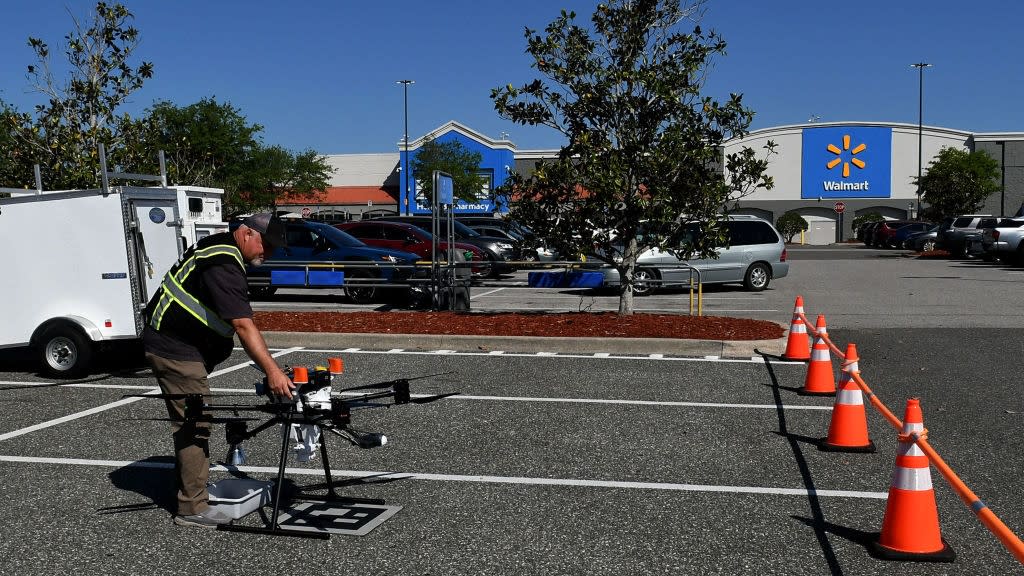The daily business briefing: January 10, 2024

1. SEC says it hasn't approved bitcoin ETFs, contrary to fake X post
The Securities and Exchange Commission said Tuesday that somebody posted a fake message to its X social media account claiming it had approved exchange traded funds (ETF) for bitcoin. The regulator said it has not yet approved ETFs involving the digital currency, as the crypto industry desperately wants. The SEC said it would work with law enforcement to investigate the hack. X, formerly Twitter, confirmed the account had been briefly accessed by an "unidentified individual" through a phone number associated with it through a third party. The social media site owned by Elon Musk said the SEC had not enabled two-factor authentication, and a preliminary investigation indicated the hacker didn't breach X's systems. Reuters
2. Walmart to expand drone deliveries with Dallas push
Walmart plans to offer drone deliveries to most of the Dallas area this year in an expansion of its use of drones as a delivery option, The Wall Street Journal reported Tuesday. Walmart will partner with Alphabet's Wing unit and drone-delivery company Zipline, which already works with health care providers and other organizations, according to the Journal. Walmart will handle the orders and its partners will make the deliveries. A Walmart spokesperson said the retail giant currently delivers packages with drones in six states, but the Dallas expansion will mark the first time the company has offered these deliveries to so many people in one region. The Wall Street Journal
3. Rule could make companies treat more 'gig' workers as employees
The Labor Department on Tuesday issued a final rule requiring companies to treat workers as employees — not independent contractors — if they are "economically dependent" on the company. Business groups are likely to challenge the change. The rule could increase labor costs for companies that rely heavily on contractors and freelancers, including trucking firms, health care groups and app-based "gig" services. Studies indicate that employees can cost businesses 30% more than independent contractors, according to Reuters. The Labor Department said the rule would boost enforcement against businesses that misclassify workers as contractors to save money. Quartz, Reuters
4. Stock futures little changed ahead of inflation report
U.S. stock futures were mixed early Wednesday as investors awaited fresh inflation data. Futures tied to the Dow Jones Industrial Average were down 0.1% at 7 a.m. ET. S&P 500 futures were flat. Nasdaq futures were up 0.1%. Economists polled by Dow Jones expect the consumer price index being released Thursday to show a year-over-year increase of 3.2% in December. Investors will look to the report for clues about when the Federal Reserve might cut interest rates. The Dow and the S&P 500 fell 0.4% and 0.2%, respectively, on Tuesday. "It almost feels like we ended the year with the Fed pivot party, and we're potentially experiencing a little bit of a hangover," Emily Roland, co-chief investment strategist at John Hancock Investment Management, told CNBC. CNBC
5. Top 1% pay lowest tax rate in most states
The wealthiest people pay lower tax rates than everyone else in most states, according to a study by the Institute on Taxation and Economic policy. "On average, the lowest-income 20% of taxpayers face a state and local tax rate nearly 60% higher than the top 1% of households," according to the analysis. The study found that the lower someone's income, the higher their tax rate, letting the wealthy off the hook and hampering states' ability to raise revenue. "Not only do the rich, on average, pay a lower effective state and local tax rate than lower-income people, they also collectively contribute a smaller share of state and local taxes than their share of all income," the study found. The Hill

